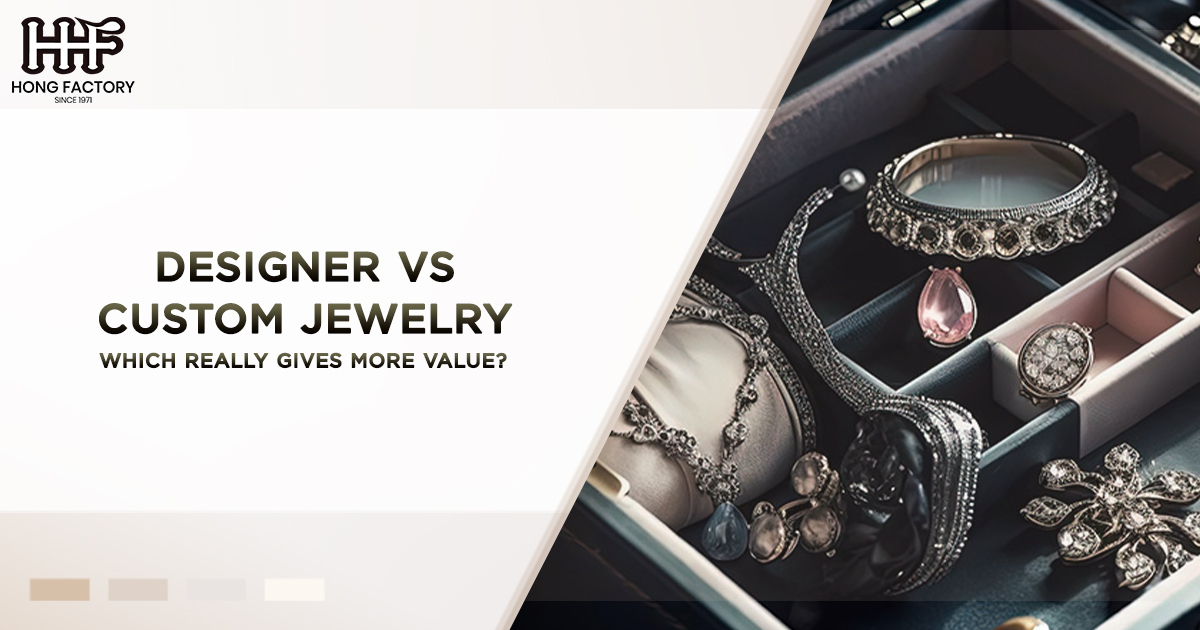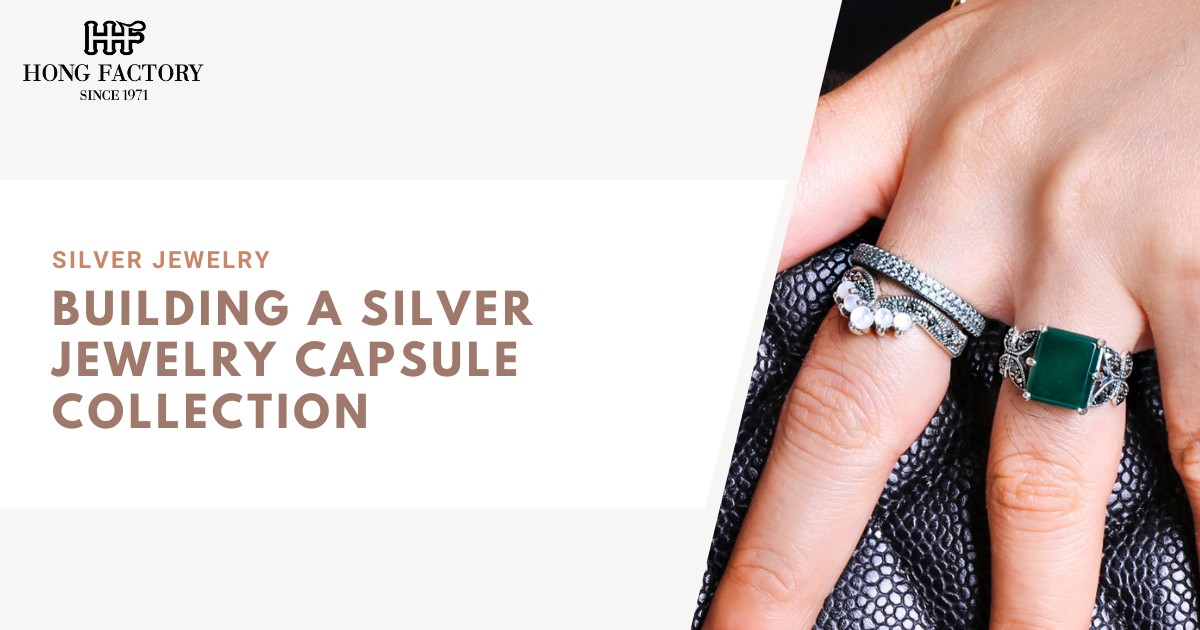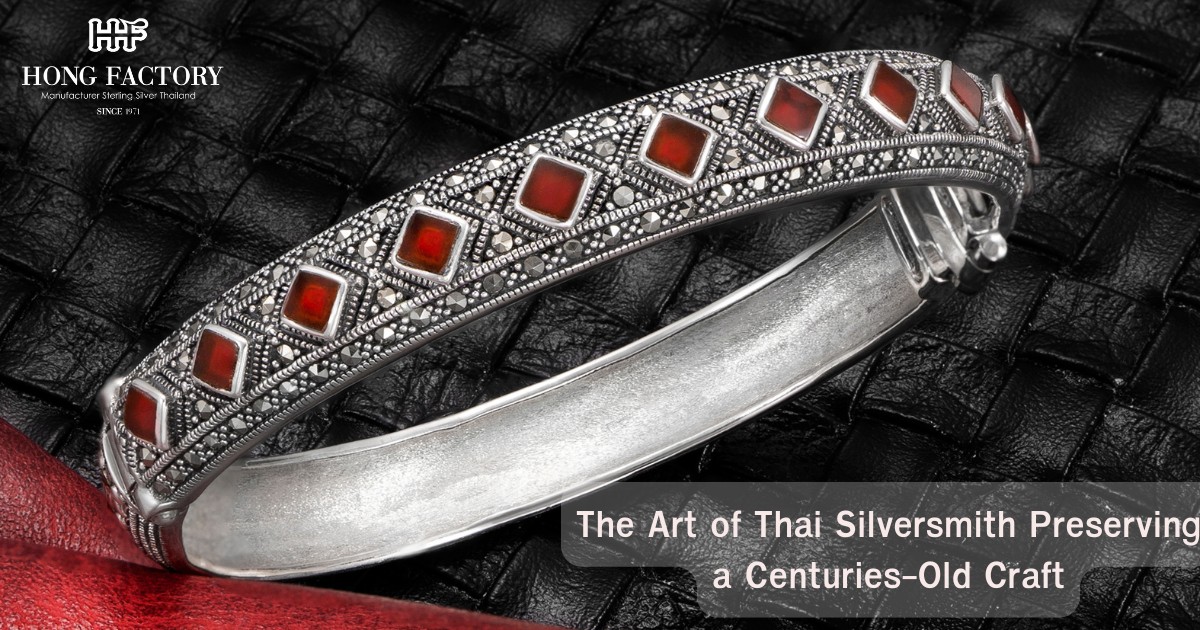Jewelry has been a symbol of status, elegance, and personal expression for centuries. When it comes to choosing jewelry, individuals are often faced with a choice between designer jewelry and custom jewelry. Both offer unique advantages, but which provides more value? To answer this question, we will explore several key aspects: price comparison, quality factors, design flexibility, and investment potential. Throughout, we’ll incorporate keywords such as designer jewelry, custom jewelry, bespoke pieces, and jewelry value to guide our discussion.
Price Comparison
The cost of jewelry is often a deciding factor for many buyers. Designer jewelry is typically associated with established brands and names that already have a reputable standing in the market. This can often lead to a premium price tag. Well-known designer pieces often carry a mark-up due to the brand’s legacy, craftsmanship, and exclusivity. For example, a simple designer bracelet from a luxury brand may cost significantly more than a similar non-branded piece, merely because of the name attached to it.
Custom jewelry, on the other hand, can offer a more dynamic pricing structure. While bespoke pieces crafted by renowned artisans can be expensive, custom jewelry generally allows for more control over the materials and design choices, which can help manage costs. Customers can choose different metal types, gemstones, and design intricacies to fit their budget. However, it’s important to note that the labor and expertise involved in creating a high-quality custom piece can also lead to higher costs, especially if rare materials or complex designs are involved.
Quality Factors
Quality is paramount when investing in jewelry. Designer jewelry is often synonymous with high-quality craftsmanship. Established brands have a reputation to uphold, which usually ensures that their products are made with top-notch materials and attention to detail. This often means designer pieces are created with precision and consistency, utilizing tried-and-tested techniques and high-grade materials.
Custom jewelry, or bespoke pieces, also prides itself on quality, but this can vary significantly depending on the jeweler’s expertise. A skilled jeweler can create stunning bespoke pieces that meet or even surpass the quality of designer jewelry. The major benefit here is the ability to select specific materials, such as choosing a higher grade of diamond or a particular type of gold, which can influence the overall quality of the piece.
Design Flexibility
One of the significant differences between designer and custom jewelry is the level of design flexibility. Designer jewelry usually follows a particular style or design language dictated by the brand. While these pieces can be beautiful and iconic, they may not offer much in terms of personalization. Consumers who buy designer jewelry are often purchasing into the brand’s aesthetic and ethos, which may limit how well the pieces reflect individual tastes or stories.
Custom jewelry, in contrast, offers unparalleled design flexibility. Bespoke pieces are crafted specifically to meet the client’s vision, allowing for a highly personalized creation process. This means that every aspect of the jewelry, from the gemstones used to the overall design, can be tailored to the customer’s preferences. Such flexibility can result in a piece that has significant personal value, capturing unique elements that hold special meaning to the wearer. This customization process involves collaboration with a jeweler, ensuring that the final product is a reflection of the client’s personal style and sentiment.
Investment Potential
When considering jewelry as an investment, both designer and custom pieces have their own merits. Designer jewelry often retains its value well over time, particularly when associated with prestigious brands. Luxury brands have a strong secondary market, meaning their pieces can be resold, sometimes even appreciating in value if they become rare or are part of a limited edition collection. The brand recognition and historical significance can play a crucial role in maintaining or increasing the jewelry’s value.
Custom jewelry’s investment potential is more nuanced. While bespoke pieces can be valuable, especially if they feature high-quality materials or are crafted by renowned jewelers, their market value can be more subjective. Custom pieces might not carry the same brand recognition, which can affect resale value. However, the unique nature of custom jewelry can also be an advantage; rare or one-of-a-kind pieces may attract collectors looking for something truly distinctive.
Conclusion : Which Really Gives More Value?
Determining which type of jewelry offers more value depends largely on individual preferences and priorities. Designer jewelry is often favored for its brand prestige, resale value, and assured quality. It is ideal for those who appreciate the heritage, style, and status associated with well-known brands.
Conversely, custom jewelry appeals to those seeking personalization and uniqueness. It allows wearers to express their individuality and tell personal stories through their jewelry. For individuals who value creativity and personal connection over brand recognition, custom pieces can provide immense personal value that transcends monetary considerations.
Ultimately, the choice between designer and custom jewelry boils down to what the buyer values more: the allure of established brands and their potential as a financial investment, or the personalized artistry and emotional significance of bespoke pieces. Each offers its own form of value, reflecting the diverse reasons people buy and cherish jewelry. Whether you opt for the iconic elegance of a designer piece or the unique expression of custom jewelry, both have the power to elevate and enrich your collection in meaningful ways.



